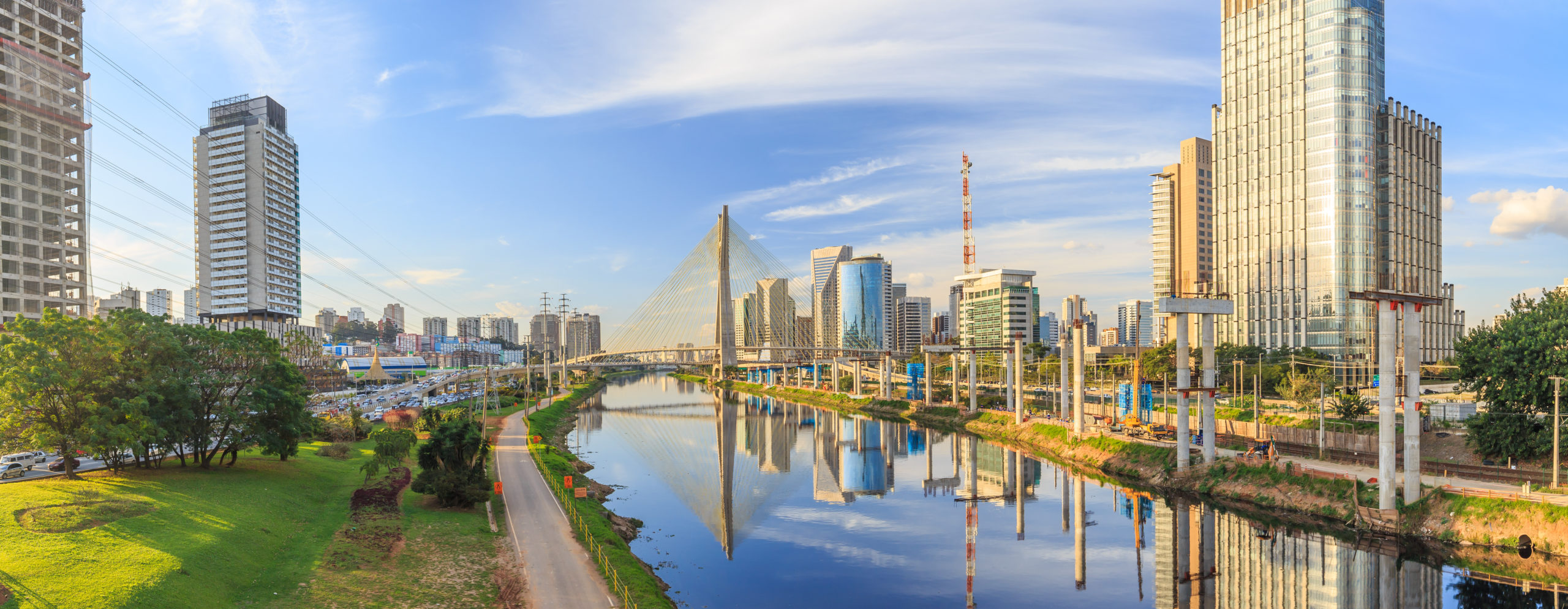Safe and ethical cities
It is necessary to think about the different aspects that impact the evolution of cities so that they are more welcoming

We learned that, in essence, civilization is based on coexistence. In our evolution, we have developed means to resolve conflicts, defining rules, expressed in laws that must be complied with by all.
This reality is even more visible with the growth of cities, in large agglomerations that house more and more people, challenging humanity to find solutions to generate jobs and income; housing; environment; mobility; leisure; culture and, also, containment of violence, in short, respect for dignity.
In the urban space we have the expression of great achievements and frustrations, where the attraction exerted by consumption unfolds in the growth of commerce and services.
Economic activities attract investments and also the greed of those who want to act in search of profit without any concern for the current rules, seeking to obtain advantages without caring about the means. Respect for the consumer, for municipal attitudes, for the creation of formal jobs, for paying taxes is solemnly ignored.
It is interesting to note that this attitude is often accepted by society that thinks that the illegal offer of products and services is acceptable, which does not mean a problem that deserves greater attention by the government.
In fact, we found that there is a perversion in this practice related to illegality, which affects everyone. The inversion of values contaminates our coexistence, generating more and more inequalities, stimulating investment and tax evasion, deteriorating social relations, attracting violence.
In a more restricted view, it is certain that the growth of illegal trade — far from any regulation, expands the sense of disturbance and disorder in the urban space and removes the citizen's sense of belonging.
Areas such as 25 de Março and Brás streets in São Paulo, and similar ones in large Brazilian cities and around the world, attest to the unrestricted proliferation of street vendors on sidewalks and shopping malls with thousands of stalls, without respecting security-related rules, rented for the sale of illicit products, undermine the understanding of respect for the space that belongs to everyone and favor the action of true criminal organizations that operate from smuggling, counterfeiting and distribution of goods, to trafficking of drugs, robberies and reception.
Containing this non-inclusive occupation is an obligation of public authorities and must be organized in a systematic and systematic way. The city of São Paulo has advanced, on the one hand, with repeated actions to combat illegal trade, with the seizure of more than 3.500 tons of illicit products (smuggled, pirated, fake and counterfeit) and, on the other, encouraging entrepreneurship popular, without illegality and developing urban interventions, returning the “urbis” to citizenship. This posture requires a strong commitment from the political leadership, as the criminal practice is supported by strata of society with great influence.
Security attracts coexistence in cities and encompasses multiple initiatives, public policies involving police and social actions, the participation of civil society, support for inclusion and diversity measures and also the rationalization of the occupation of public space. the action of the crime.
At the next Exhibition and World Congress “Smart City”, in Barcelona, various aspects that impact the evolution of cities so that they become more welcoming will be addressed. We must follow up on these themes that are directly related to our daily lives and influence our prospects for the future.
In response to political leaders who reverberate despicable behavior, instead of seeking to serve as an example of rectitude and respect for the law, we should value initiatives aimed at raising people's awareness, encouraging legality, ethics, which are necessary for us to evolve in building a society that values gains for all and not advantages for the few. Rescue public space for people, keeping away from occupation by shady businesses.



